Myanmar's Suu Kyi appears in court for first time since February coup
Myanmar’s deposed leader Aung San Suu Kyi has for the first time appeared in person at a court hearing on a myriad of charges brought against her by the military junta, which overthrew her government in a February coup.
Suu Kyi was apparently in good health and held a meeting with her legal team for about 30 minutes before the hearing began on Monday, her lawyer, Thae Maung Maung, said.
Suu Kyi, aged 75, is one of almost 4,000 people jailed since the coup.
She made an apparent reference to her National League for Democracy party, which Myanmar's junta-appointed election commission plans to dissolve.
At the meeting with her defense team, Suu Kyi stressed that “the party was established for the people so the party will be there as long as the people are,” her lawyer told Reuters.
Meanwhile, the European Union (EU) denounced the planned dissolving of the party by the election commission over alleged fraud in the November election.
“If the Commission were to proceed with this proposal, it would show yet again the junta's blatant disregard for the will of Myanmar's people and for due legal process,” a spokeswoman for the EU's executive commission said in a statement.
Myanmar has experienced deep civil chaos since the February 1 coup, with daily protests, marches, and strikes nationwide against the junta.
The military has responded with a heavy-handed crackdown, leading to the deaths of at least 815 people.
In the latest flare-up of violence, anti-junta rebels seized a police station in Moebyel town, Shan state, east of the capital Naypyidaw on Sunday and allegedly killed dozens of security forces and captured another four, following heavy fighting in Myanmar’s eastern fringe.
Videos published on social media showed 20 bodies in uniforms, while other footage showed four guys, who appeared to be policemen, with their hands behind their backs and blindfolded with surgical masks.
Furthermore, a gun battle erupted between armed ethnic groups and junta forces near the Chinese border earlier on Sunday. Armed rebels opposed to the coup had launched another attack the day before in Muse, one of the main border crossings to China.
The violence has prompted some in the anti-junta movement to organize a “People's Defense Force” (PDF) in their own towns, comprised of residents fighting security personnel with homemade weapons.
“I thought today is a day of conquest, but I am also worried because we have seen airstrikes and tanks today. They have much better weapons than us,” said Thet Wai, a member of the People's Defense Force.
He claimed that the military conducted helicopter air raids on Demoso, a town in Kayah state.
According to a senior leader of the Karenni National Progressive Party, an ethnic armed group with a stronghold in Kayah State, the fighting continued through Sunday night, while the military was using tanks, helicopters and mortar attacks in Demoso and Loikaw, the capital of Kayah state.
Meanwhile, military chief Min Aun Hlaing gave a two-hour interview to Hong Kong's Phoenix Television, offering reassurances to Chinese investors after a spate of arson attacks at factories in the commercial capital Yangon.
He reassured the authorities that “our citizens don't hate China,” adding that the incidents happened for political reasons.

China ‘firmly’ opposes countries making trade agreements with US at its expense
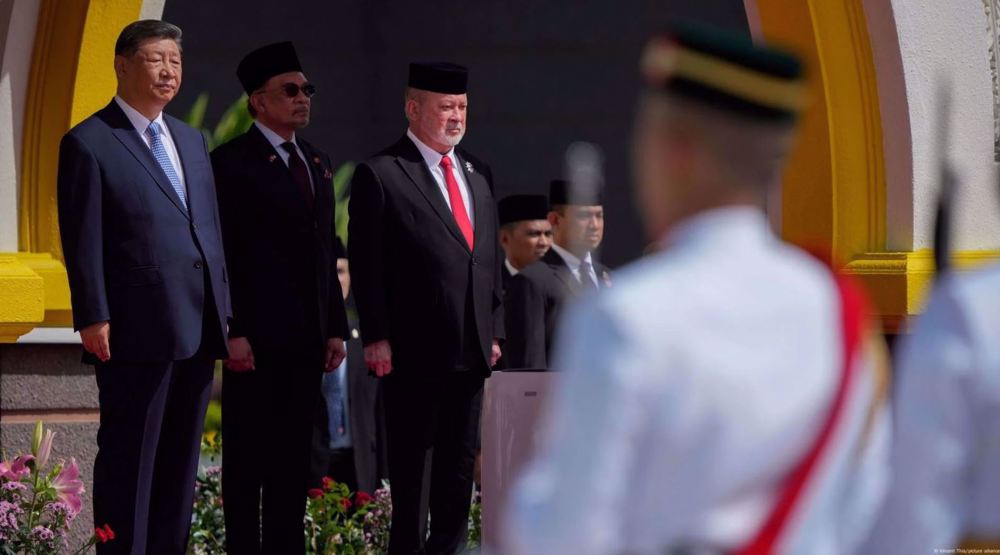
China says stands with Malaysia, region in face of unilateralism
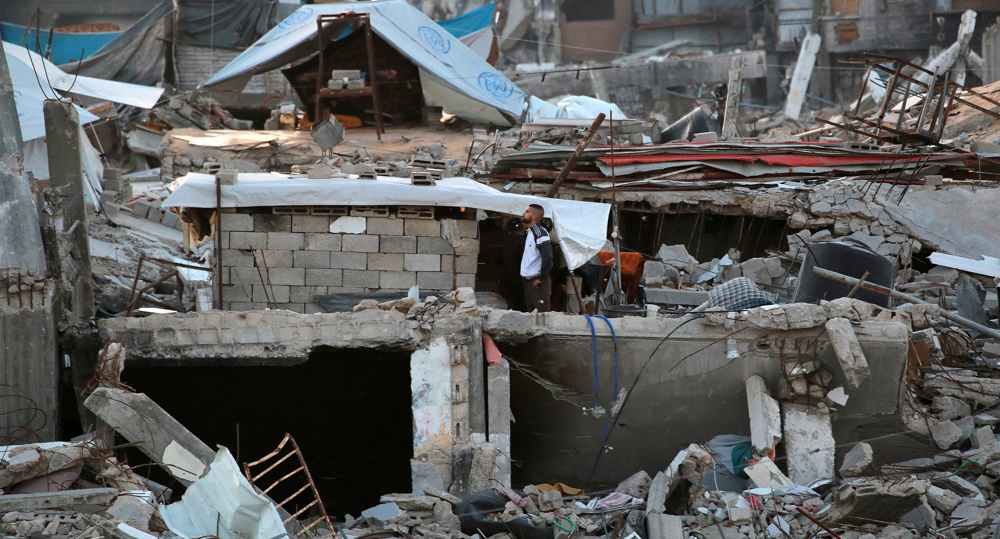
Maldives bans entry of Israelis in ‘resolute solidarity’ with Palestinians
Iran unveils legal strategies for SCO states to counter challenges
Gaza’s slow death: How aid blockade has pushed Palestinians to the brink
US plan requires Ukraine to give 20% of territory to Russia: Report
Iran: New sanctions show US 'lack of goodwill' in talks with Tehran
Charred bodies found in school as Israeli strikes kill dozens in Gaza
VIDEO | Press TV's news headlines
The April Revolution: One-year anniversary of Gaza solidarity encampments in US
Pezeshkian hails Iran-Azerbaijan ties ahead of visit to Baku


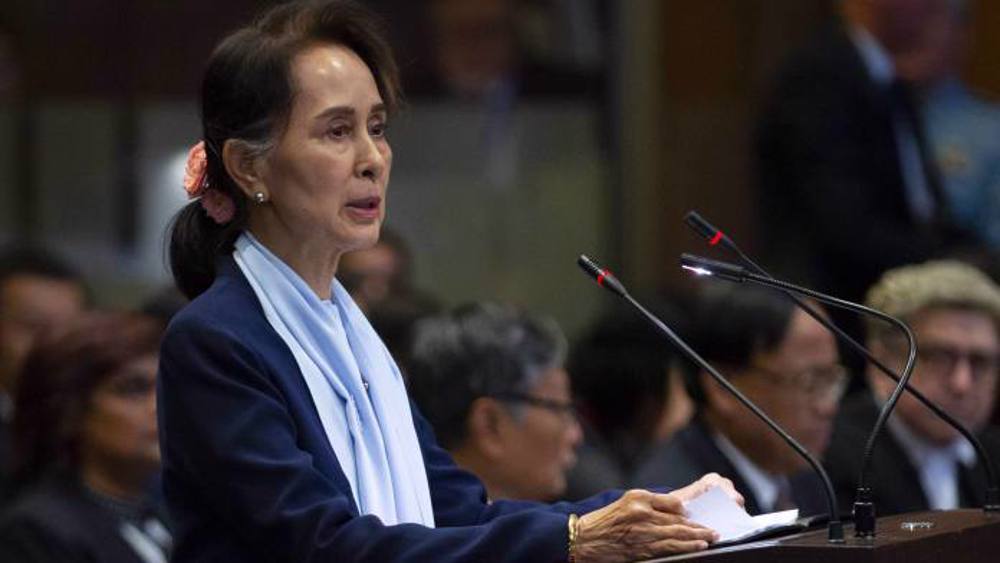





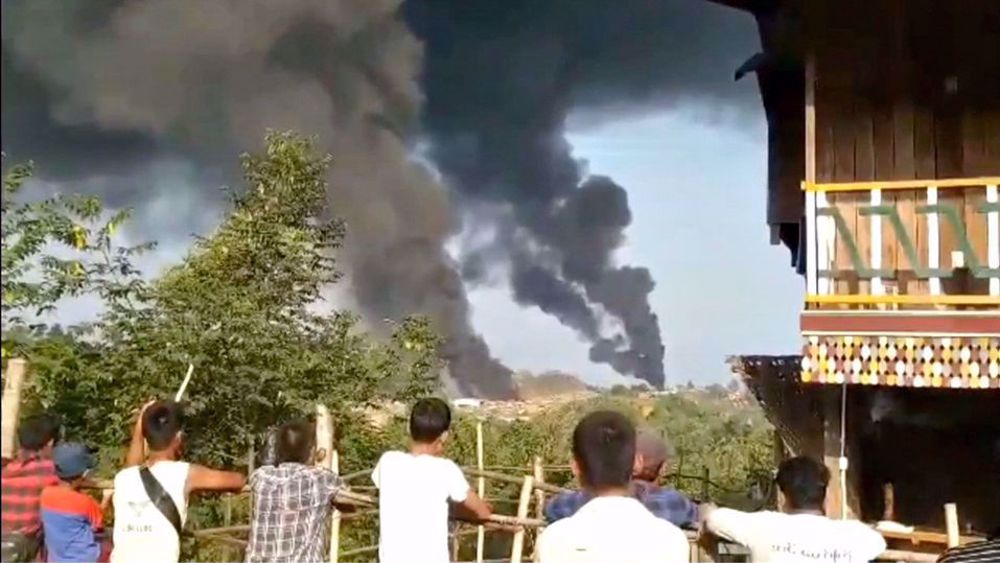
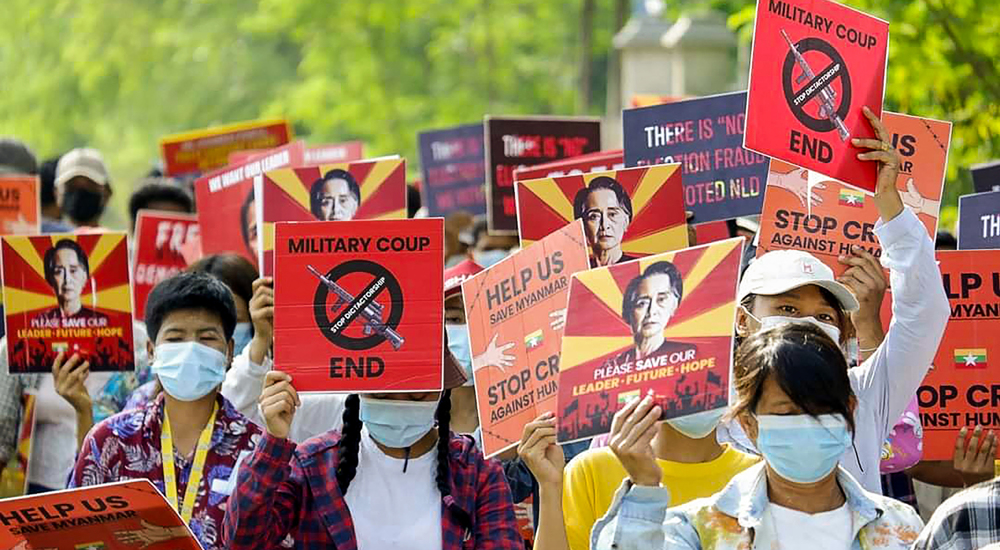
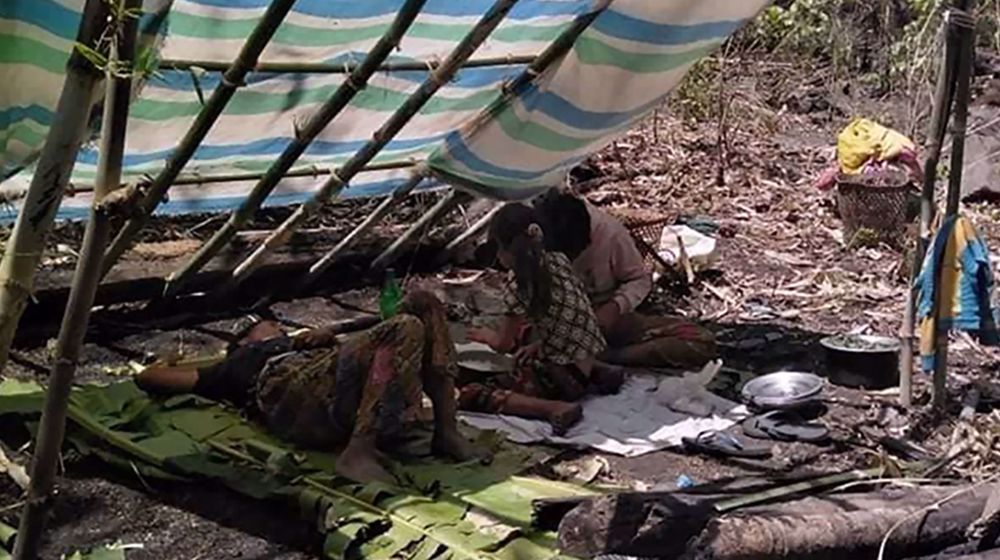
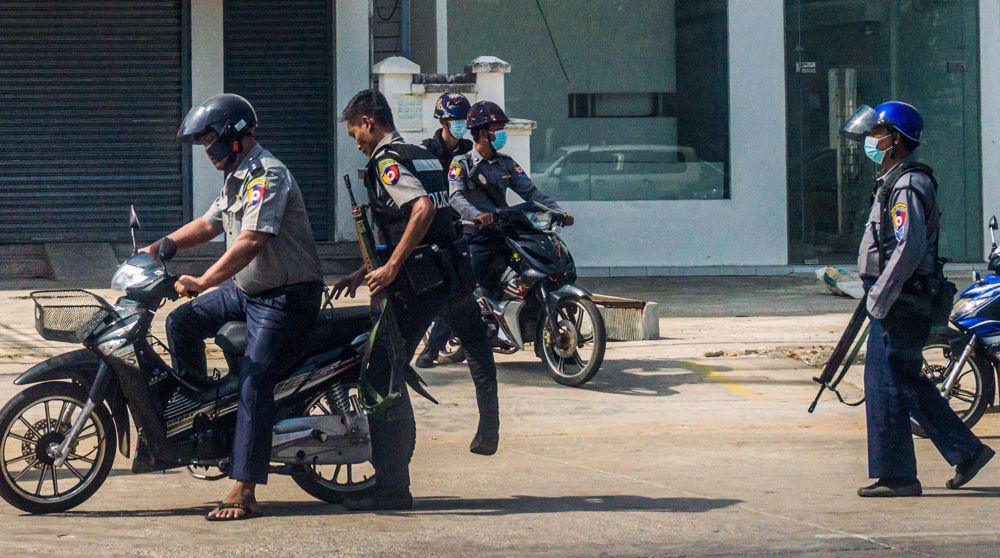
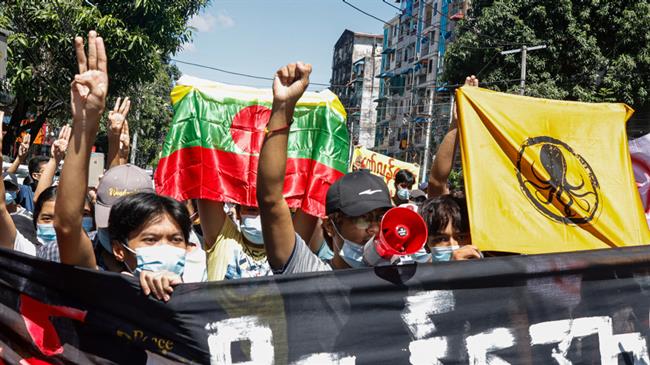

 This makes it easy to access the Press TV website
This makes it easy to access the Press TV website